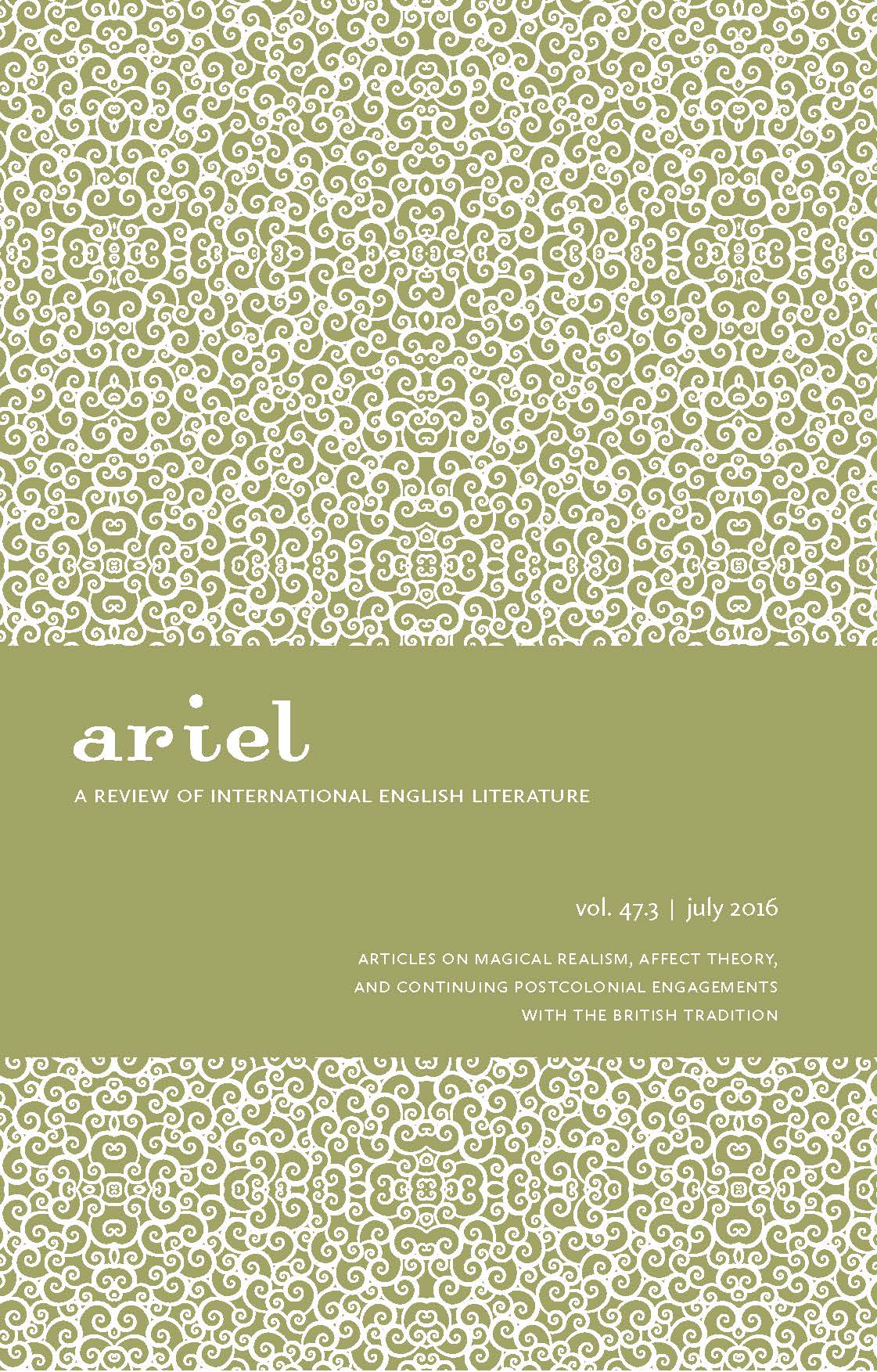Failures that Connect; or, Colonial Friendships in E. M. Forster's A Passage to India
Keywords:
friendship, space, colonial relations, E. M. Forster, A Passage to IndiaAbstract
This article reexamines the role of friendship in A Passage to India that previous scholarship has analyzed as an event in terms of function, teleology, and political efficacy. Examining friendship in terms of its continuing flows and affects, this essay explores the moments and spaces in which friendship, in bringing together bodies and social worlds, fails to adhere itself to recognition and representation. What is the point of being friends with someone in a colonial outpost like Chandrapore, the fictional Indian city in Forster’s novel? What happens—or does not happen—when Dr. Aziz and Adela Quested are having afternoon tea together or venturing into the unknowns of the Marabar Cave? These questions, among others, serve as the starting point from which to trace the potentiality of colonial friendship, as well as its relation to structures of power and knowledge. This article, in short, offers friendship as an analytic tool and subject matter to situate A Passage to India away from an identitarian logic that often takes the study of colonial relations to a host of ideological impasses.


